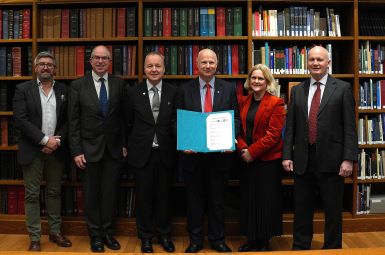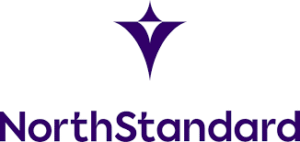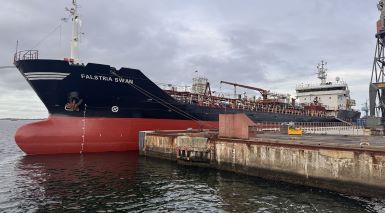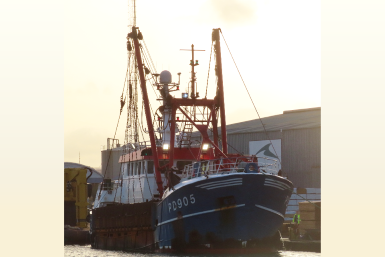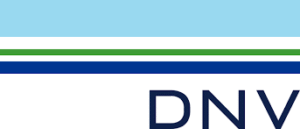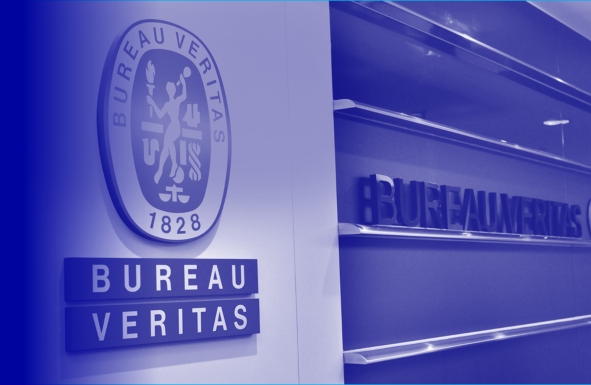
Bureau Veritas has shared a summary on the twelfth session of IMO Sub-Committee on Ship Design and Construction (SDC 12), which was held earlier this year.
SDC 12 agreed on:
– draft amendments to the 2011 ESP Code, with a view to approval in principle by MSC 111, formal approval by MSC 113 and adoption by MSC 114, as appropriate;
– draft guidelines on the use of Remote Inspection Techniques (RIT) with a view to adoption by MSC 111, in conjunction with the adoption of the draft amendments to the 2011 ESP Code to allow the use of RIT in ESP Code surveys; Continue reading “Bureau Veritas summary of IMO SDC 12”
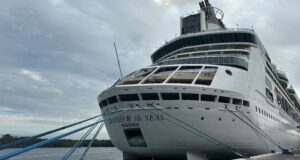
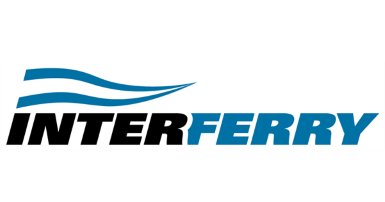
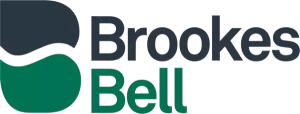
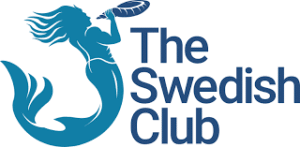 The Swedish Club has shared a case study in which grain beneath a leaking cargo hold hatch was damaged after a vessel encountered severe weather conditions.
The Swedish Club has shared a case study in which grain beneath a leaking cargo hold hatch was damaged after a vessel encountered severe weather conditions.